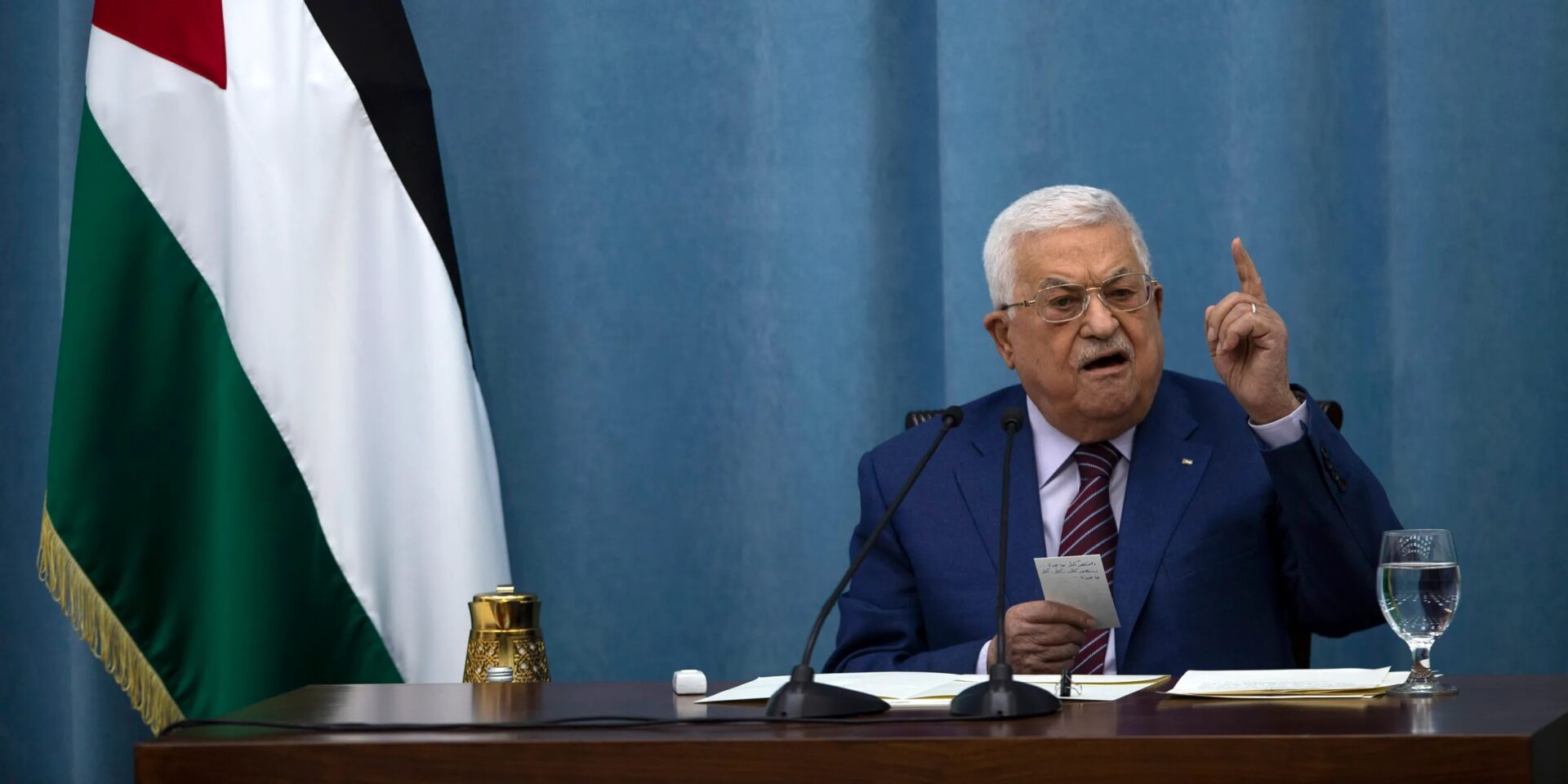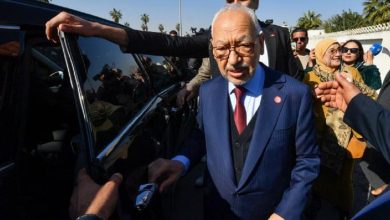Palestinian Authority’s Political Maneuvers: Neutralizing Opponents and Reshaping Governance in Gaza

Watan-The Hebrew magazine “Epoch” stated through its website that Palestinian Authority President Mahmoud Abbas aligned with American politics and succeeded in neutralizing his political opponents, Mohammed Dahlan and Nasser al-Qudwa, integrating them into the upcoming authority in the Gaza Strip.
The website added that Dahlan, al-Qudwa, as well as Salam Fayyad, are now outside the political game.
It also indicated that the Palestinian Authority was satisfied with the American reaction to the step taken by Palestinian Prime Minister Mohammed Shtayyeh in submitting his government’s resignation. The U.S. State Department spokesperson considered the step important towards unifying the West Bank and Gaza Strip, and a step towards renewal and change.
Shtayyeh‘s government had submitted its resignation to Abbas, who accepted it, citing various justifications, including crises that accompanied the governments since their inception in 2019, the Israeli war on the Gaza Strip, and the Palestinian factions’ negotiations.
Many analyses agreed that the resignation of Shtayyeh’s government came in response to international pressure to achieve the demand for “renewal of authority” as part of the post-war scenario in Gaza.
Analysts suggested that Abbas might lean towards forming a technocratic government of independent professionals to avoid criticism that it represents Fatah movement and some factions at the expense of others.

They pointed out the pressure exerted on Abbas by neighboring countries, especially Egypt, Jordan, and Qatar, to positively engage with reform and reconstruction initiatives in the Gaza Strip.
The popularity of the Palestinian government has declined for several months due to the situation in Gaza and the West Bank, while the popularity of Hamas has increased, with 42% support among the population of Gaza and 44% among the population of the West Bank, according to a survey conducted by the Palestinian Center for Political Research and Surveys at the end of 2023.






